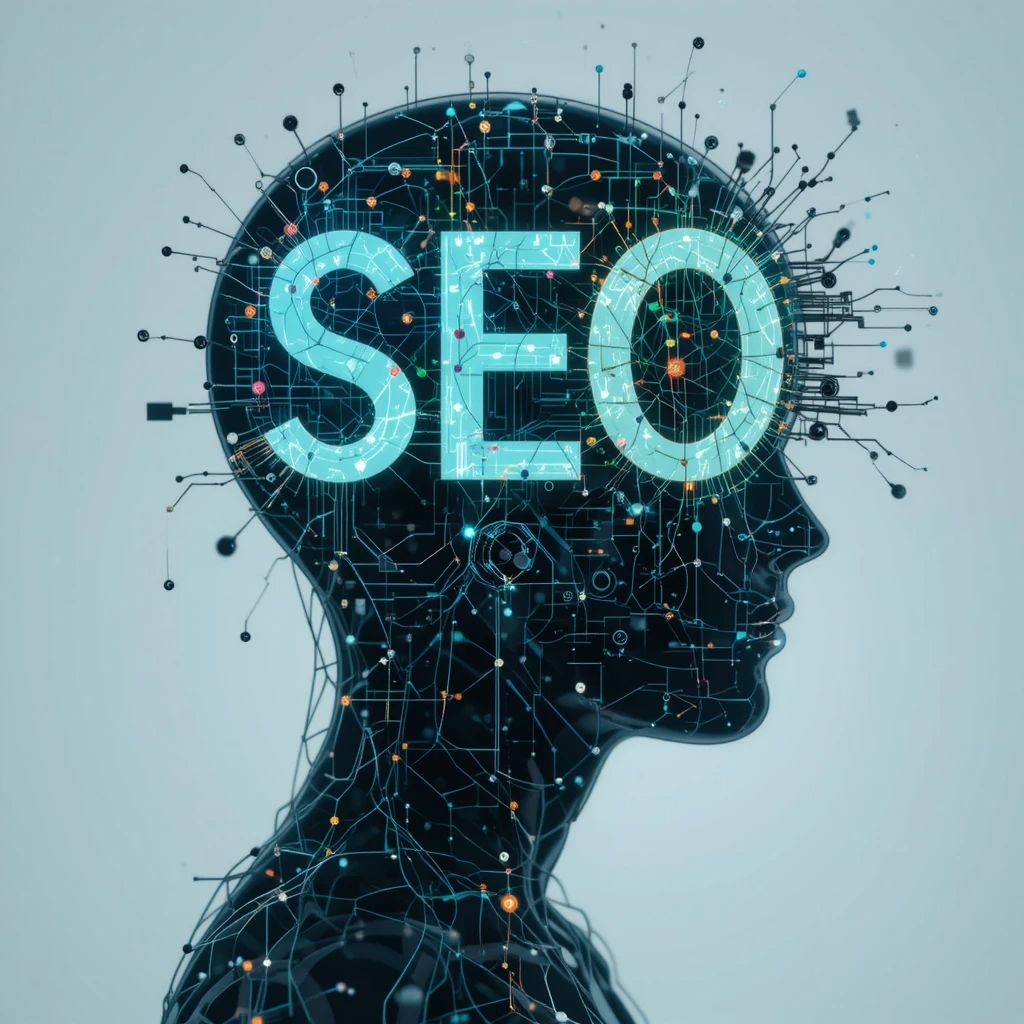Search Engine Optimization (SEO) has always been a dynamic, fast-evolving discipline. As we move into 2025, the SEO landscape is undergoing significant changes—driven by advances in AI technology, search engine algorithm updates, user behavior, and voice and visual search. To stay ahead of the curve, businesses and content creators must understand the trends shaping SEO and adapt their strategies accordingly.
This comprehensive guide outlines what the future of SEO looks like in 2025, revealing the most critical changes and how to use them to your advantage.Strategies
1. AI-Powered Search: The Rise of Generative and Conversational Engines
In 2025, traditional keyword-based SEO is rapidly being reshaped by AI-powered search engines. Platforms like Google’s Search Generative Experience (SGE) and Microsoft’s AI-enhanced Bing are shifting how search results are presented—with AI-generated summaries, answers, and deeper context at the top of the page.Strategies
What This Means:
- SEO is no longer just about ranking first, but also about being featured in AI snapshots.
- Structured, authoritative, and semantically-rich content will outperform shallow, keyword-stuffed pages.
- Content must directly answer user questions, offer deep topical relevance, and integrate natural language structure.
Action Step: Focus on entity-based SEO, using contextual keywords and rich, well-structured content that answers specific queries.
2. Voice and Visual Search Dominate User Behavior
As smart assistants, smartphones, and IoT devices become more advanced, the popularity of voice search and visual search continues to grow. Users are asking complex, conversational questions and using their cameras to search the web.
What This Means:
- Long-tail, natural language keywords are crucial.Strategies
- Visual optimization (image quality, alt text, metadata) is non-negotiable.
- Local and mobile-friendly content will gain even more importance.
Action Step: Optimize for voice-friendly queries like “What’s the best Italian restaurant near me?” and use descriptive alt tags on all visuals to stay competitive in Google Lens and Pinterest searches.
3. EEAT Signals Are More Critical Than Ever
Google’s E-E-A-T framework (Experience, Expertise, Authoritativeness, Trustworthiness) continues to be a cornerstone of how it evaluates content.
What This Means:
- Content must be written by real experts, ideally with bios and credentials.
- Trust signals like backlinks, author transparency, and up-to-date information are essential.
- Google will favor websites with topical authority over general-purpose content.
Action Step: Showcase real-world experience, link to authoritative sources, and include clear author information to meet these standards.
4. Search Intent Optimization > Keyword Matching
In 2025, Google’s understanding of user intent is more sophisticated than ever before. It’s not about the exact phrase typed, but what the searcher is really looking for.
What This Means:
- Pages must align with the intent behind the keyword: informational, transactional, navigational, or local.
- Shallow content will be demoted. Content that solves problems, educates, or offers in-depth insight will rise.
Action Step: Map each target keyword to the correct search intent, and build content that matches user expectations with precision.
5. Core Web Vitals and UX are Non-Negotiable
Performance and experience matter. Core Web Vitals—Google’s key metrics for user experience—continue to influence rankings heavily in 2025.
What This Means:
- Fast loading times, mobile responsiveness, visual stability, and interactivity are ranking factors.
- Sites with poor UX, cluttered layouts, or intrusive ads will drop in visibility.
Action Step: Invest in technical SEO, improve site speed, and ensure a seamless, user-friendly design across all devices.
6. Zero-Click Searches and Featured Snippets Expand
More users are finding answers directly in the SERPs without clicking. Google continues to push featured snippets, People Also Ask, and knowledge panels—minimizing traditional traffic but enhancing visibility.
What This Means:
- SEO strategies must aim for SERP feature optimization, not just URL ranking.
- Schema markup and FAQ-rich snippets are crucial.
Action Step: Create structured data for every page and build content that naturally answers direct questions to win position zero.
7. Video Content SEO is a Must
Video continues to dominate content consumption—and search engines are prioritizing video-rich results, especially from platforms like YouTube and TikTok.
What This Means:
- Videos are featured in SERPs, especially for how-to, reviews, and product demos.
- Google can index video transcripts and recognize spoken keywords.
Action Step: Repurpose content into high-quality videos, optimize video titles/descriptions/tags, and include transcripts for every clip.
8. Local SEO Becomes Hyper-Personalized
With AI and location data, local search is getting more personalized and competitive. The user’s proximity, preferences, and behavior influence which businesses they see.
What This Means:
- Accurate and consistent Google Business Profile listings are essential.
- Localized content and geo-targeted pages perform better.
Action Step: Optimize for near me searches, collect positive reviews, and embed location keywords organically into your pages.
9. First-Party Data and Privacy-Conscious SEO
With cookie tracking restrictions and growing data privacy regulations, businesses need to collect first-party data and optimize without relying on third-party cookies.
What This Means:
- SEO and email marketing integration becomes essential.
- Marketers will need to leverage CRM data and user behavior insights more effectively.
Action Step: Build lead capture mechanisms (newsletters, downloads) and focus on trust-building content that encourages voluntary engagement.
10. AI Tools Will Supercharge—but Not Replace—Content Creation
Tools like ChatGPT, Jasper, and Surfer SEO are revolutionizing content workflows, but human oversight, creativity, and brand tone are still critical for ranking.
What This Means:
- AI can assist with outlines, drafts, and SEO structure—but manual editing and expertise ensure quality.
- Original, authentic content beats generic AI-written fluff.
Action Step: Use AI to enhance efficiency, not replace strategy. Inject brand voice, real stories, and personal expertise into every piece of content.
Conclusion: Adapt or Be Left Behind
SEO in 2025 is no longer about keyword stuffing or backlink schemes. It’s about value-driven, user-focused, intent-matched, technically-optimized content that speaks to humans first—and algorithms second.
To stay relevant:
- Focus on topical authority
- Embrace AI and automation
- Prioritize UX and mobile design
- Align with search intent
- Double down on trust signals and structured data
The future belongs to those who adapt quickly, create authentically, and optimize holistically.
